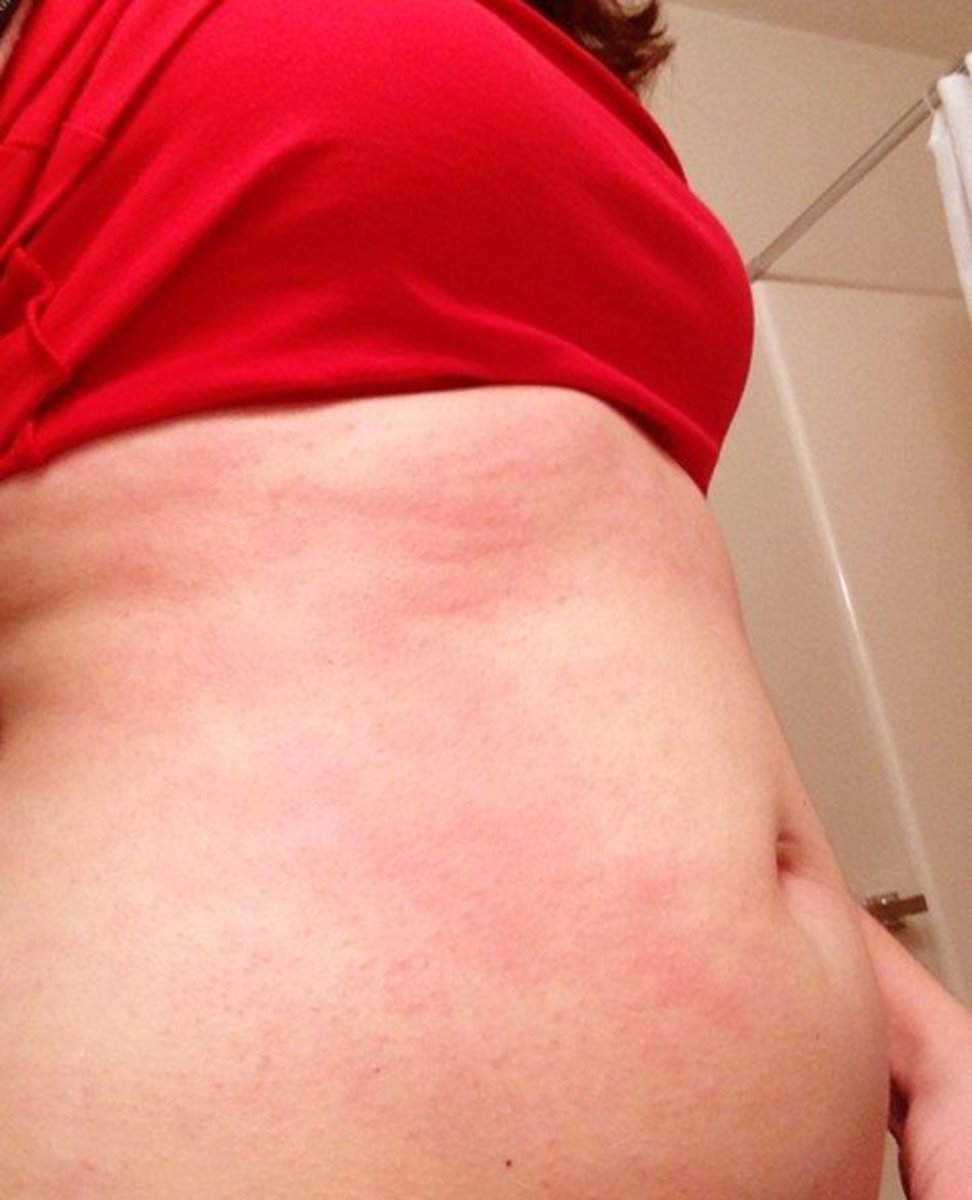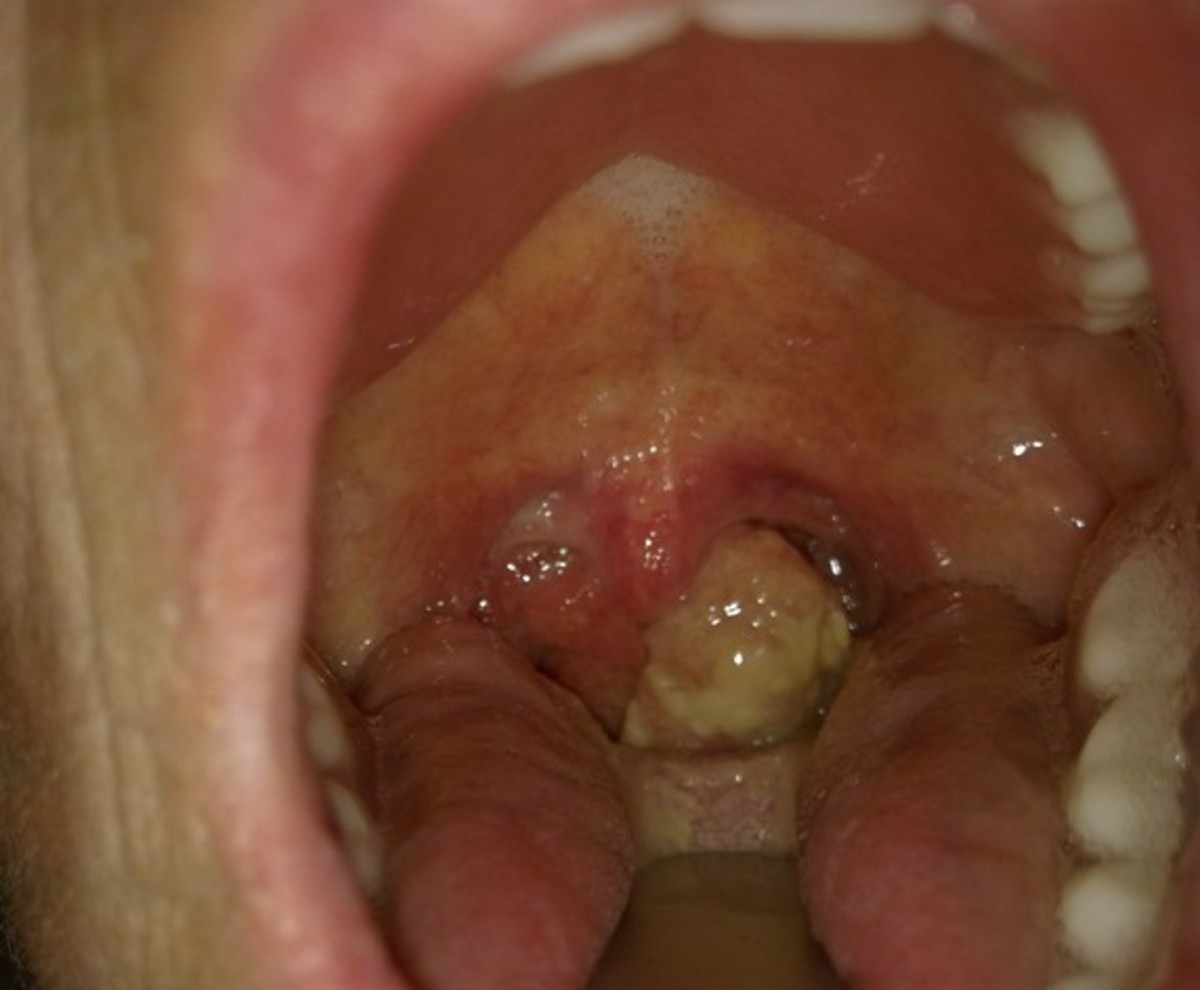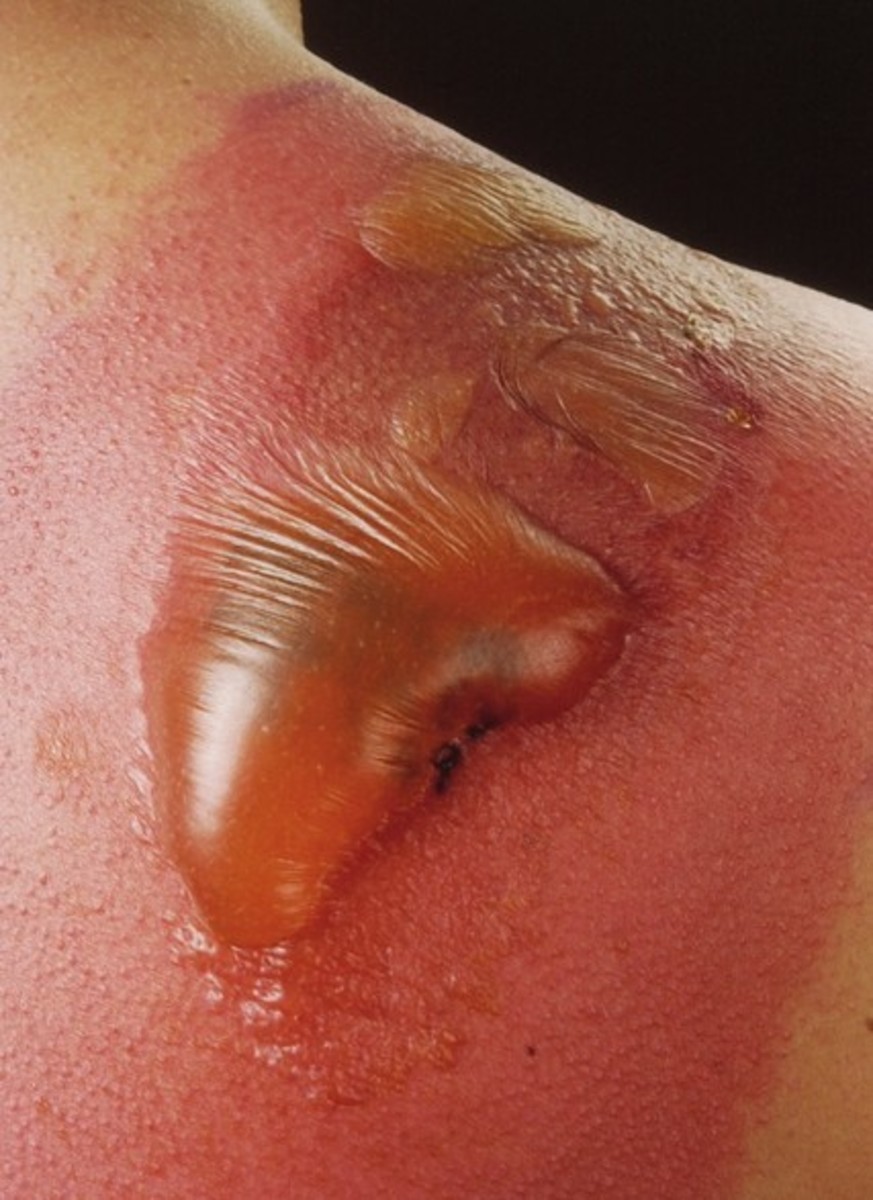White Mucus in Stool
Mucus is a transparent, jelly-like fluid that is made and released by the mucous membranes that occur in the body cavities. Such membranes are also present in the digestive tract, respiratory tract, and the urogenital tract.Mucus is mostly composed of a glycoprotein known as mucin. It also consists of inorganic salts, water, epithelial cells, etc.
Mucus performs the function of a lubricant in the digestive tract. It thus protects the digestive tract linings and helps in easy movement of waste products within the colon.Mucus occurring in the respiratory tract moistens the inhaled air, thereby trapping germs and other environmental irritants.
The presence of small quantities of white mucus in stool is considered as normal. However, its presence in abnormal amounts,in addition to changes in the consistency and color of stool generally signifies the occurrence of an underlying medical condition.
Causes of white mucus in stool
Individuals affected by white mucus in stool must consult a doctor for correct diagnosis and relevant treatment.
In most cases, white mucus in stool is often caused by an underlying inflammatory bowel disease or IBD. It is a term used to describe a group of health disorders which affect the colon or the small intestine. White mucus in stool can however be caused by reasons other than IBD.
Some of the varied causes of white mucus in stool are listed below:
- Shigellosis:The condition is caused due to infection of the intestines by a bacterium known as Shigella. The bacteria is transferred through intake of contaminated water or food, or via exposure to an infected individual.A few common symptoms of the disease include occurrence of blood or white mucus in stool, abdominal cramping, nausea, fever, diarrhea, and vomiting. Other types of bacteria like Campylobacter, Escherichia coli, salmonella, etc. can also cause inflammation of the intestinal lining.
- Constipation:An individual is said to be suffering from constipation when he/she experiences bowel movements, 3 times or less in a week. Insufficient intake of fluids and water, poor diet, prolonged intake of some medications, decreased or absent physical activity, laxative misuse, etc. are some factors which can trigger constipation.In addition to sporadic or rare bowel movements, a constipated individual will also suffer from problematic bowel evacuation due to hardened feces, incomplete bowel evacuation, pain, and bloating. With the passage of time, the stool will become dry and hard making the patient strain at the time of bowel movements.This can increase the risk to formation of hemorrhoids, rectal prolapse, or anal fissures. Rectal prolapse is characterized by the protrusion of a part of intestinal lining from the anal orifice. It can result in the release of white mucus in stool.
- Ulcerative colitis: It is a kind of IBD identified by inflammation of the lining of the rectum and the colon. Individuals who have a family history of the condition are at greater risk to developing it as opposed to normal people. Some of the common symptoms of ulcerative colitis include pain in the abdomen, diarrhea, rectal pain, cramping, and occurrence of blood, pus, or white mucus in stool. A milder form of this inflammatory disease is ulcerative proctitis. It features inflammation of only the rectum. This condition may also cause rectal and abdominal pain, diarrhea, bleeding from the rectum, etc.
- Irritable bowel syndrome or IBS:The exact cause of irritable bowel syndrome is still unknown. According to some theories, the elevated sensitivity of the intestine may be caused due to miscommunication between the intestine and the brain. It is also thought that people with former cases of acute gastrointestinal infection are more vulnerable to developing IBS. The condition may be constipation-prevalent or diarrhea-prevalent. A few patients may experience the condition with alternating stool patterns. Individuals affected by diarrhea-prevalent IBS will usually eliminate mucus in stool. Additional symptoms include bloating, pain in the abdomen, watery and loose stools, variation in bowel habits, etc.
- Crohn's disease: It is another type of IBD wherein the gastrointestinal tract experiences inflammation. The precise cause of Crohn's disease is still a subject of research. It is however thought that the condition may be an anomalous immune system reaction. Environmental and genetic factors may also be responsible for development of this inflammatory disorder. Crohn's disease has a tendency to run in families and hence people with a family history of the condition are at greater risk to developing it.Abdominal pain, chronic diarrhea, loss of appetite, cramps, loss of weight, rectal bleeding, exhaustion or fatigue, white mucus in stool, etc. are some of the common symptoms of the disease. Affected individuals may also develop fistula, i.e., occurrence of a tiny channel between the skin around the anus and the anal canal; or anal fissures, i.e., tearing of the anal lining.
- Diverticulitis:Diverticulosis is a medical disorder that features the formation of a diverticula, which refer to tiny pouches that develop within the large intestinal lining due to the increased pressure exerted by hard feces. Such pouches jut out from the weakened areas in the colon. Diverticulosisgenerally does not result in any specific symptoms.Symptoms may however occur due to the action of bacteria on the fecal materials that are trapped within the pouches. It can in turn lead to development of diverticulitis, i.e., inflammation of the diverticula. Diverticulitis may result in varied symptoms such as cramps, pain in the abdomen, vomiting, nausea, fever, etc. Patients may also experience blood or white mucus in stool, diarrhea, or constipation.
In addition to above listed causes, white mucus in stool can also be caused due to food intolerance, bacterial Infections of the gastrointestinal tract, food poisoning, intestinal parasites, bowel obstruction, or rectal ulcers.
Treatment of white mucus in stool
Treatment of white mucus in stool is dependent on finding out the exact cause of the condition. It can be determined by going through the medical history of the affected individual, a thorough physical examination, and conducting varied diagnostic tests.
Once the cause is ascertained, the symptoms can be alleviated via different medications or other kinds of therapies. It is also important to make certain lifestyle changes. Increasing the daily intake of water and adhering to a healthy diet is also very beneficial.



